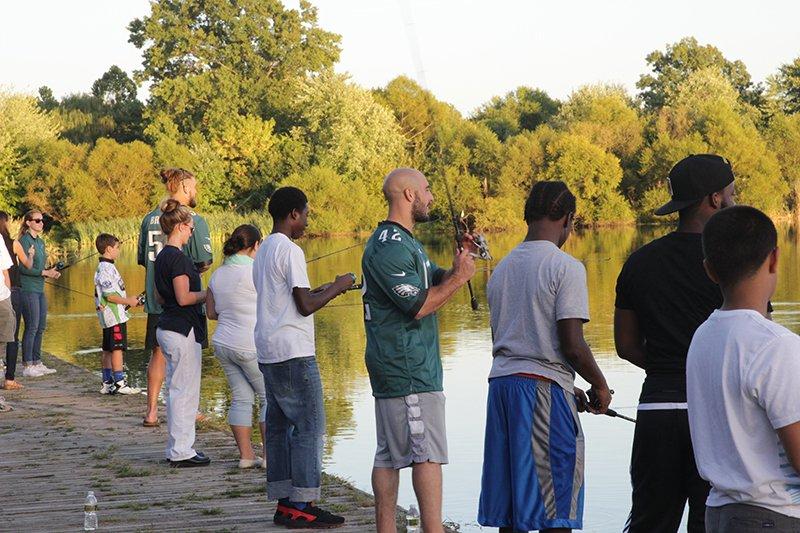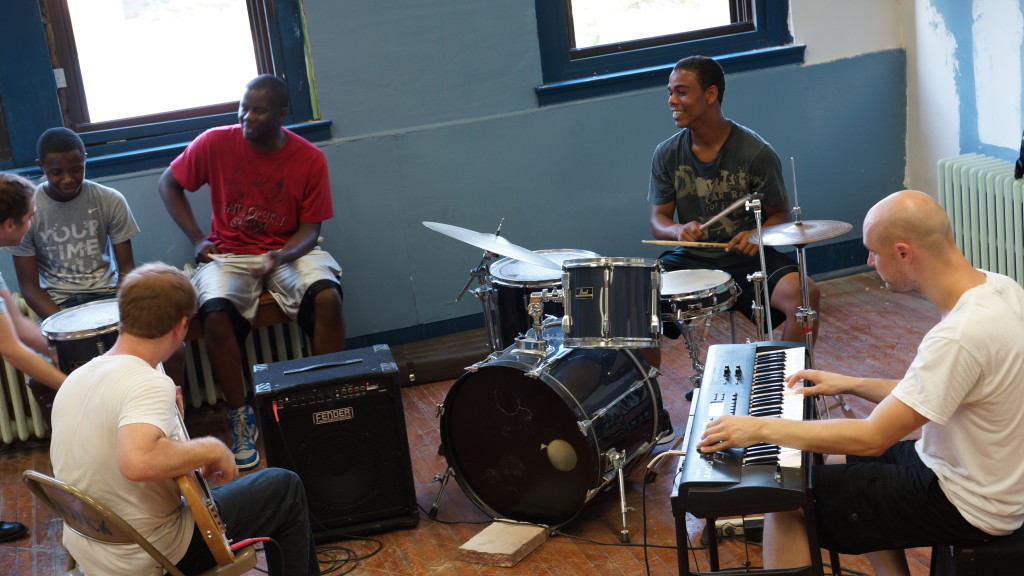NET uses balanced and restorative practices in all programs designed to meet the needs of youth involved in the juvenile justice system (JJS). Our community-based supervision approach addresses community safety while integrating victim restitution, awareness and empathy. This integrated approach allows young people to remain, grow, and develop in their home environments. All interventions teach accountability while providing an array of ancillary services to support the whole child. We promote improved decision-making skills geared to reduce future recidivism. NET’s JJS services utilize a wide variety of community partners to provide some direct interventions and activities and evidence-based approaches to impart crucial life skills. All youth leave with a discharge plan that often links them to these and other community resources.
For more information, call 215-408-4944.

- In-Home Detention (IHD)
- Evening Reporting Center (ERC)
In-Home Detention (IHD)

IHD is a court-ordered supervision program through which adolescents participate in 22-25 hours of community-based activities per week under the supervision of a NET “Youth Worker.” Activities include structured workshops and pro-social activities, including programs focused on drug and alcohol awareness, sexual health, career development, financial literacy, community engagement, service learning, sports and arts training, and violence prevention. All services are customized to meet the needs of individual participants.
Evening Reporting Center (ERC)

The ERC is an alternative to out-of-home placement for adjudicated youth, ages 14-18, for whom traditional community-based supervision is no longer an option. This program serves as a “last chance” for youth in violation of probation to remain in their home environments. NET provides center-based programming between 4-8 pm – the hours proven to have the highest occurrence of teenage crime. Youth are committed to the ERC for a six-month service interval, during which they receive, educational support, meals, case management, and interventions with similar life skills workshops and pro-social activities as described in IHD. They also receive evidence-based cognitive behavioral groups, victim awareness circles, culinary arts classes, and access to an in-house recording studio.